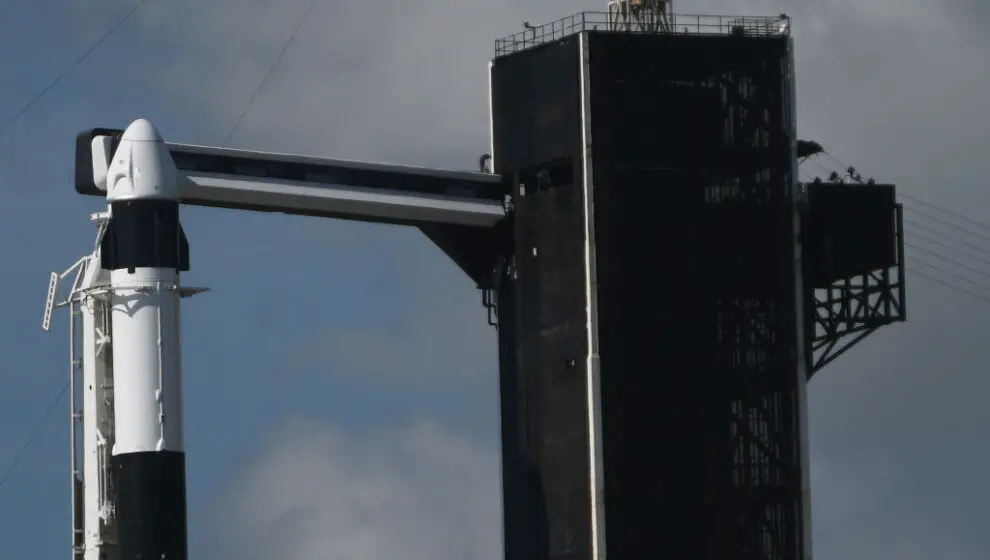The rise in private space companies like SpaceX, Blue Origin, and Virgin Galactic is creating a growing need for governments to address business issues.
Key Details
- Multiple private space companies are on the cusp of significant developments that will change the future of private space travel forever.
- The rapid push for space is creating new regulatory concerns. Congress has permitted a “learning period” for safety regulations since 2004 to allow private companies to experiment and grow, which is set to expire in October.
- The Federal Aviation Administration (FAA) will next expand oversight, while companies like the RAND Corporation believe the moratorium should not be extended, The New York Times reports.
- The private space industry is estimated to be worth $460 billion and could expand to $1 trillion in total profits by 2040, Citigroup calculates.
Why It’s Important
The sudden and rapid innovation brought by private space has created concerns for safety regulations that have gone largely unenforced for nearly two decades, as The New York Times notes. As we previously reported, most private space flight is regulated by the FAA, with new rocket launches requiring federal approval from the agency before human-rated test flights are permitted.
General oversight may not be enough in the future as thousands of new satellites and rocket launches become more common. Space junk, ownership of territory, and safety regulations are increasingly becoming issues and will intensify as tourism, satellite internet expansion, and international claims on space mining become more heated.
Regulation of outer space has generally fallen into a series of international treaties and agreements to keep regions above the Earth’s atmosphere neutral and mutually beneficial for all, but increased competition could change that. “Humans have done such a bad job regulating anything of the common good, like the oceans and air. Are we going to be better at caring for the moon?” asks lawyer Curt Blake
Backing Up A Bit
As we previously reported, there is a burgeoning space economy that NASA hopes to bring into existence within the coming decade, as the planned moon landings open up the Earth’s closest planetary body as a place for scientific exploration, tourism, and resource mining. NASA has repeatedly contracted private space corporations and startups to fill contracts for its upcoming missions.
The rapid expansion of private space flight has rapidly eclipsed scientific developments from NASA, with the nation’s space agency not having access to a proprietary rocket system from 2011 to 2022 due to the retirement of the space shuttle. The new Space Launch System costs billions of dollars to launch, compared to the $67 million price tag to launch a reusable SpaceX Falcon 9 rocket.
